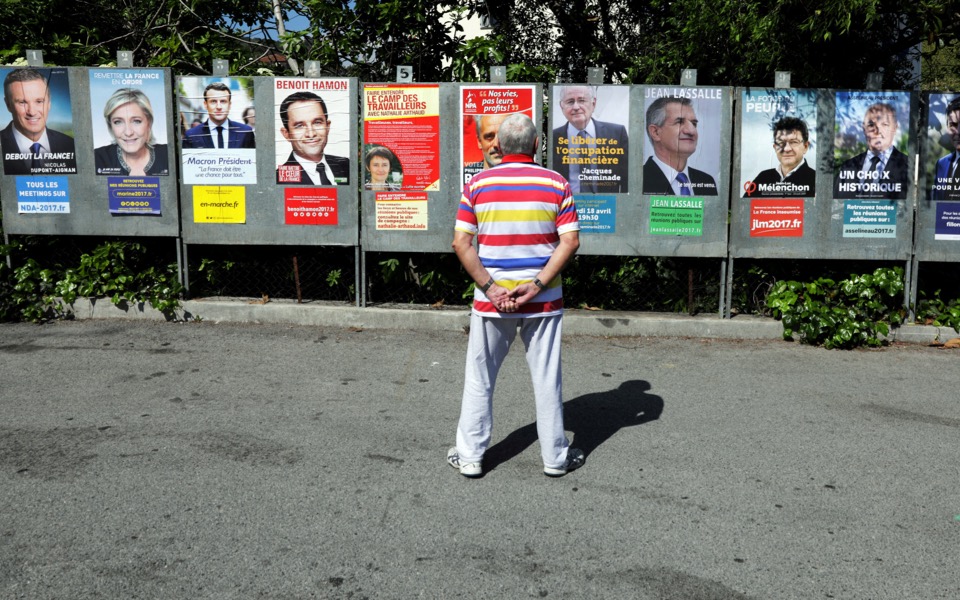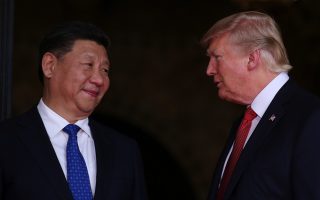The French elections and the EU

On April 23, a major European country, a country that stands out as a global symbol of democracy and freedom, will head to the ballots to pick its next president (should no candidate win a majority, a runoff election between the top two vote-getters will be held on May 7).
The outcome of the presidential vote will not only impact on France’s political scene, but on Europe at large. The continent’s second largest economy, a fundamental pillar of the euro and European integration, a nuclear power, a permanent member of the UN Security Council, a nation with historical ties with the United States, and a former empire which maintains strong links with a number of developing countries, France is called upon to rescue the European Union project, or at least not to trigger its collapse.
France’s importance to the EU cannot be compared to that of Britain which – on top of other national particularities that set it apart – never joined the single currency. On the contrary, a victory for Marine Le Pen of the Euroskeptic National Front would mark the beginning of the end for the euro – and perhaps the whole European project.
I tend to believe that French opinion polls have failed to gauge the “unconfessed vote” in favor of Le Pen. And in contrast to the general mood, the outcome is still open in my view.
The French election is the most important thing that will happen this year as far as the future of Europe is concerned. The recent elections in the Netherlands were significant on a symbolic level given the expectations regarding Geert Wilders and his populist Party for Freedom. The diplomatic row with Turkey also gave the Dutch elections a wider European dimension. However, the small size of the Netherlands and the certainty that Wilders would not be able to form a government made them a secondary issue.
Similarly, although many analysts view September’s election in Germany, the powerhouse of Europe, as greatly significant, less is at stake than in France. German Chancellor Angela Merkel and her Social Democrat rival Martin Schulz are both pro-European moderate politicians. They may disagree on specific policies but neither electoral outcome would pose a threat to the European project. Schulz would not radically change the course of the EU. A coalition between the Social Democrats and Christian Democrats looks likely at the moment.
France is different. For this reason, everybody – citizens, markets, partners and foes – will be closely watching its upcoming election. The ballot will decide the future of Europe – at least Europe in the sense that it used to be understood up until recently.



